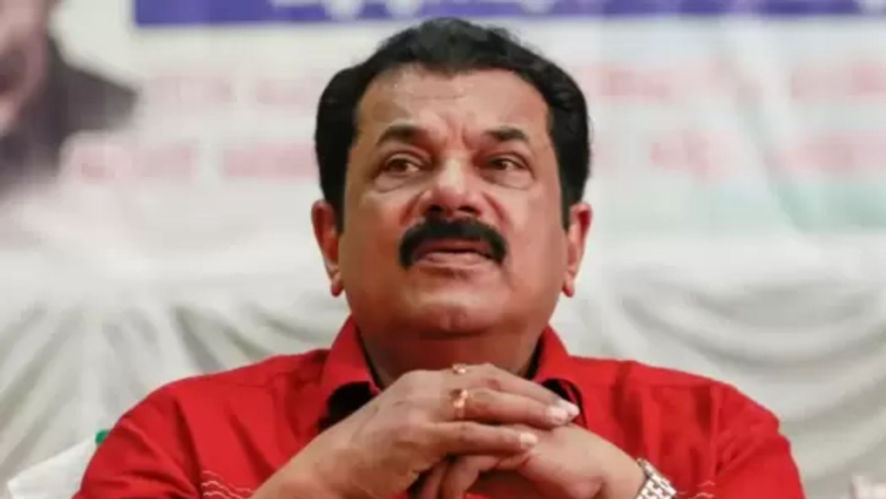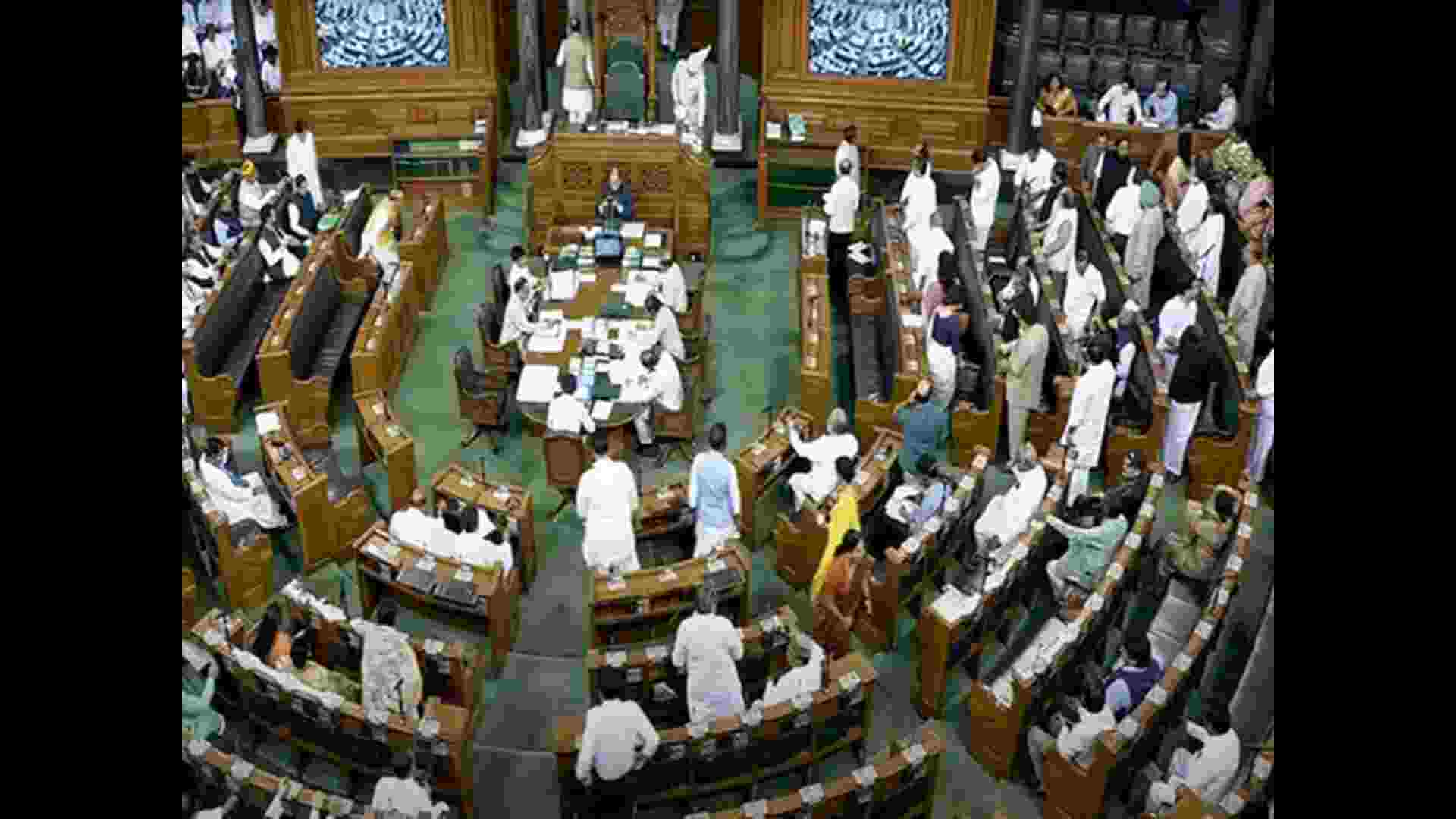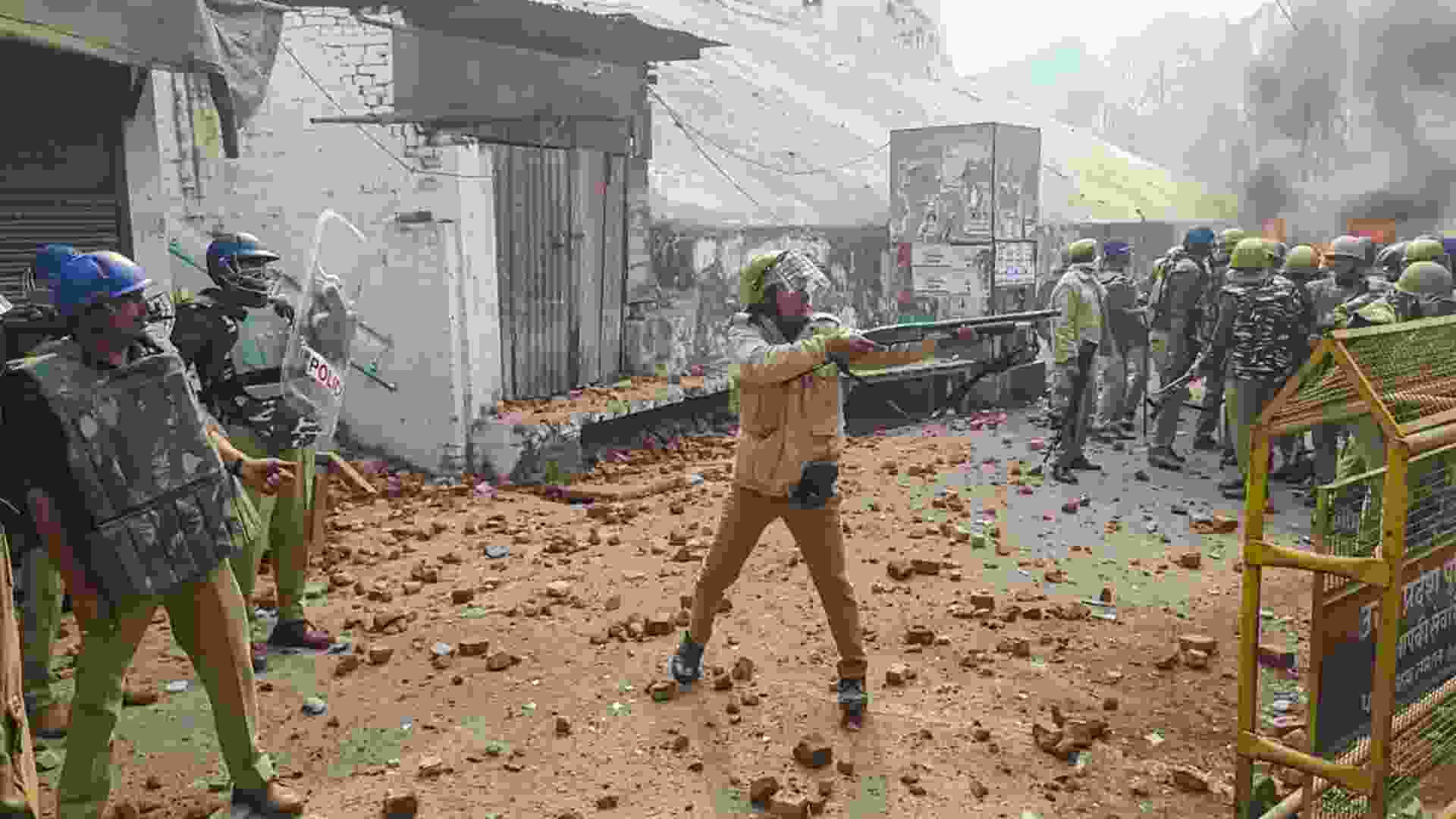
One of the founding fathers of independent India, “Gurudev” Rabindranath Tagore envisioned of a nation where the “Mind is without fear and the head held high”, envisaging the spirit of a country where the fundamental ethos of the constitution uphold right to life and personal liberty of an individual. Arrest as a term has not been defined in the Code of Criminal Procedure, however merely the situations where an accused may be arrested or the procedure to be followed while making arrest has been laid down under the statute. The term arrest finds a consolidated definition in Stroud’s Judicial Dictionary where “arrest is where one is taken and restrained from his liberty”. Moreover, other judicial pronouncements like Roshan Beevi and Ors. Vs Joint Secretary to Govt, the Hon’ble Madras High Court has made an attempt to consolidate the definitions of arrest of an accused pertaining to Indian scenario. Custodial torture is not an alien concept to the civilization where, since time immemorial various methods such as use of force, causing grievous hurt or inhuman methods have been used in order to extract information or confessions out of the arrested person. According to chapter – V of the Code of Criminal Procedure, 1973 an arrested person is generally kept in the custody of police whereby the chances of danger to life and limb to the arrested person exist, which has been evident through various unfortunate cases such as Nilabati Behera Vs State of Orissa, Khatri & Ors. Vs State of Bihar. In a democracy which upholds the fundamental right to life and liberty under Article 21 at the highest pedestal and grants protection against unlawful arrest and detention to its citizens under Article 22, instances of police cruelty and corporal harm to the arrested person in the custody of police blots the spirit of constitution of the country. The Hon’ble Supreme Court, at various instances has taken huge number of measures to prevent blatant abuse of power by the police and investigating agencies and issue various set of guidelines instructing the state machinery to function in interest of the arrested persons. Through the judgment of DK Basu v. State of West Bengal, the Hon’ble Supreme Court lamented the growing incidents of torture and deaths in police custody and gave a set of 11 guidelines to protect the interests of arrested citizens, one of the most important being medical check-up of those whose liberty has been curtailed in every 48 hours. In the landmark case of Joginder Kumar V. State of Uttar Pradesh, the Hon’ble Supreme Court again laid down the precedent that arrest and detention of a person in police lockup can cause an incalculable harm to the reputation and selfesteem of a person, thus reiterating the line of difference between an accused and a culprit. Moreover, in India, every person is innocent until proven guilty and even a culprit enjoys his right to life unless it is taken away by procedure established by law. The court took a human – rights perspective and instructed the Director Generals of Police of all the states in India to issue departmental instructions to the officers making arrests and also make it mandatory to record reasons of making or abstaining from making arrest. In the case of Sheela Barse V. State of Maharashtra, the Hon’ble Supreme Court again highlighted the role of legal aid societies in a welfare state in addition to reiterating the vital importance of guidelines laid down in previous precedents and instructed the Inspector General of Prisons in Maharashtra to ensure that legal support reaches to every undertrial prisoner who is either languishing in jail even after completion of his jail term and make the services of legal aid counsels available to each and every prisoner or undertrial. In order to make prisons safe and secure for women, the court directed that four to five lockups having decently good facilities should be assigned for female prisoners and suspects and males should not be allowed to access them. The court also mandated that the specially demarcated prisons should be secured by female security personnel only and the interrogation for females must be done by females, ensuring protection from sexual harassment, assault or violation to the dignity of females. The onus of informing the legal aid authorities of the concerned district has been bestowed upon the police officers making arrest and the expenditure incurred to provide legal aid to an indigent person would be borne by the concerned state government. Moreover, the court lastly emphasized upon the nobility of legal profession and the duty of lawyers, as an officer of the court to help the women, indigent and less fortunate sections of the society to secure their rights and uphold the rule of law. In a plethora of cases, for instance in the precedent set by K. Kumari Patro and ors. Vs. State of Odisha and Ors., the Hon’ble courts have also granted suitable compensation to the person who has faced arbitrary arrest, leading to degradation of health and safety of the detained person and upheld the rule of law. Thus, the present-day statehood of India is aligned towards welfare of citizens and not towards the aim of creating a welfare state. The colonial practices and mindsets of the citizens and authorities needs to be changed towards securing a safer society by active participation of both the stakeholders of the society. Moreover, the courts have taken an active approach in the recent past to remove the widespread malpractices prevalent in the system. However, the day is still far to achieve a morning where no such unfortunate incidents are reported and the ethos of the constitution are truly upheld.















